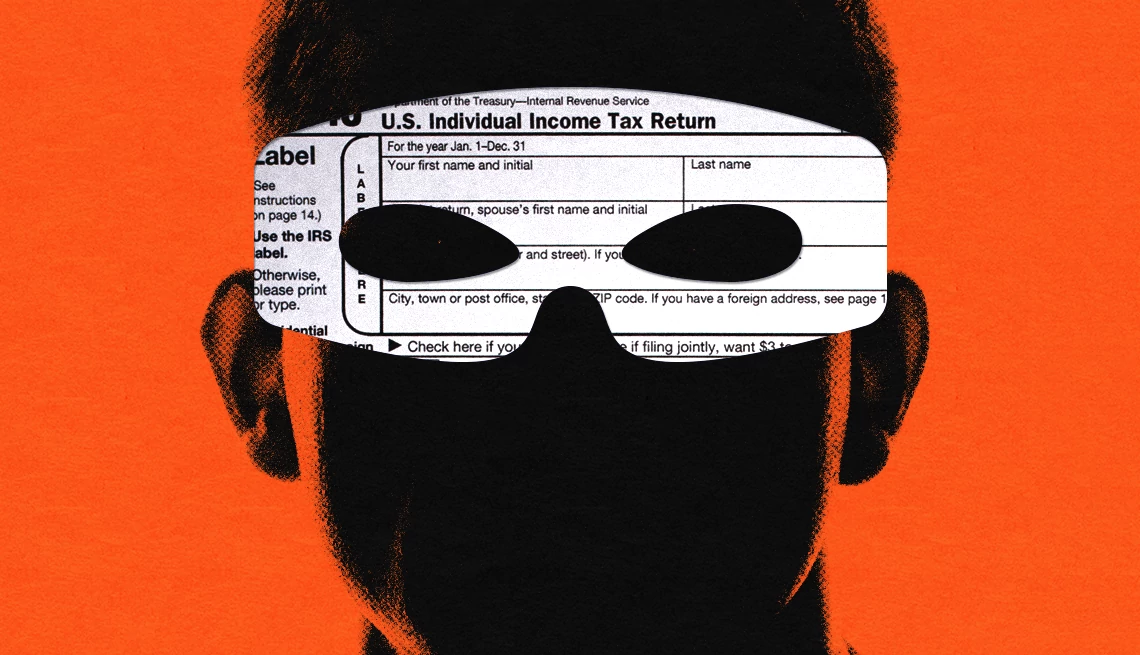AARP Hearing Center


In this story
Scam stories • Common tactics • Red flags • Protect yourself • Report scams • Resources
You open a letter or email or receive a call claiming to be from the IRS. It says agents have been trying to reach you about an unpaid tax bill and a warrant is out for your arrest.
Tax scams can be simple: Victims are told they owe taxes and must settle their debt immediately or face arrest.
Or criminals may weave an elaborate tale: Recent convictions include a case in Arizona where victims were told they won the lottery. Victims were then sent a fake IRS letter threatening to seize their assets if they did not pay taxes immediately. In another case, a criminal impersonated various government agencies, including the IRS, and convinced victims they were suspects in money laundering or drug trafficking schemes. Victims were told that unless they paid immediately, they faced arrest and financial ruin.
Reports of criminals pretending to be government agents has been growing. Victims lost more than $394 million to government impersonation scams in 2023, an uptick of 63 percent from 2022, according to the most recent data from the FBI.







































































More on Scams and Fraud
How to Identify and Avoid Common Social Security Scams
Learn about tactics used in fraud and how to protect yourself
Is That Your Bank Contacting You — or a Scammer?
Criminals pretend to warn you about fraud while trying to steal your money
How, Why and When to Check (or Freeze) Your Credit Score
Monitoring your creditworthiness is key for tracking your financial health and spotting fraud